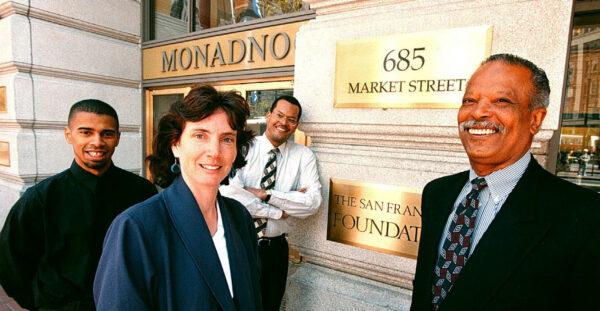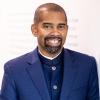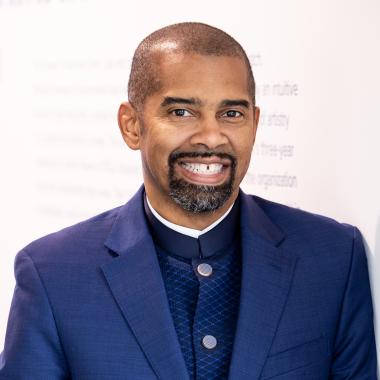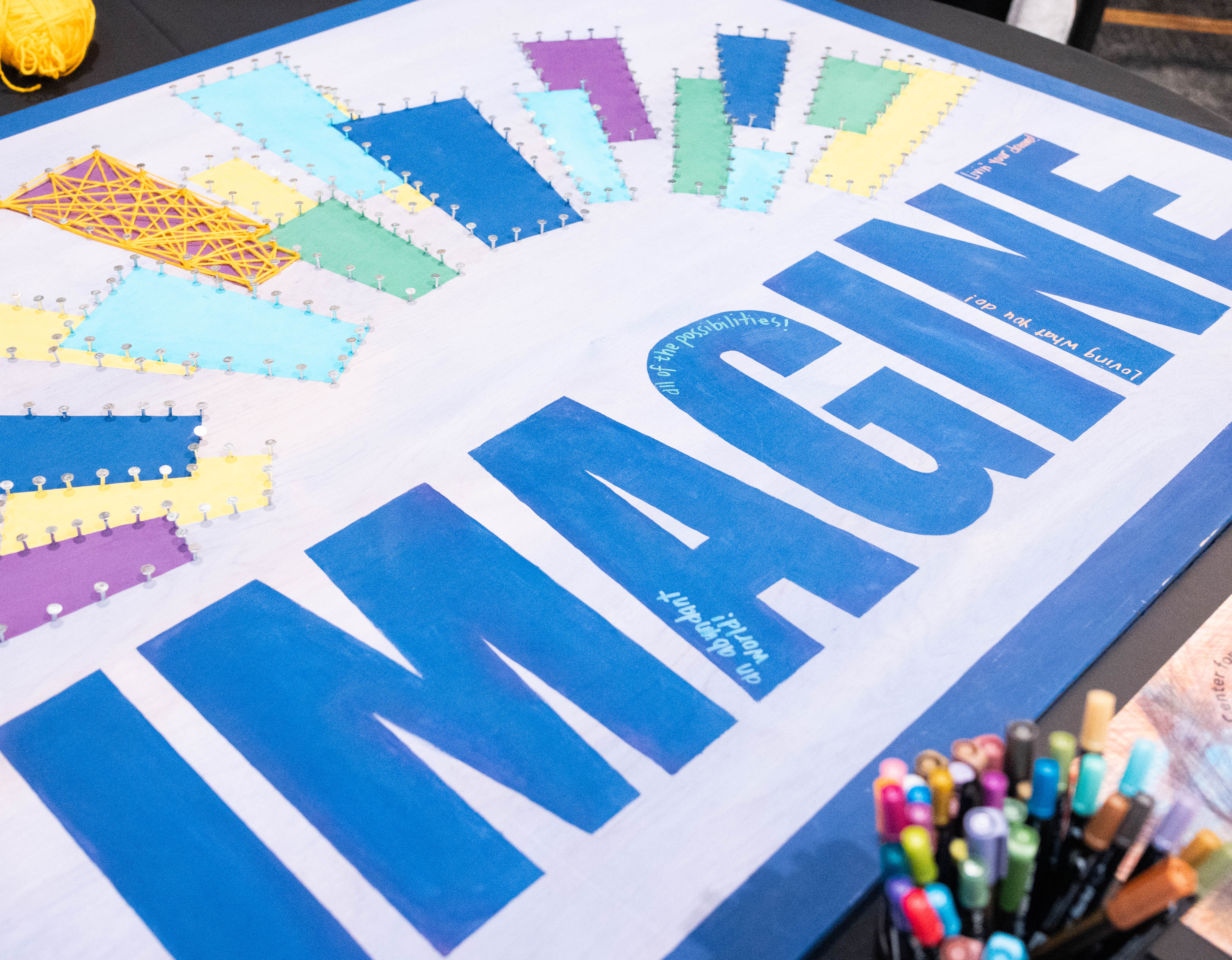Remembering Joe Brooks

SAN FRANCISCO, CALIFORNIA – APRIL 9: From left, Dwayne Marsh, Tessa Rouverol, Fred Blackwell, Jr., and Joe Brooks from the San Francisco Foundation pose for a portrait on Market Street in San Francisco, Calif., on April 9. 1997. (Photo by Dan Kraus /MediaNews Group/East Bay Times via Getty Images)
This past week, Joe Brooks joined the ancestors, bringing to a close a powerful life and career whose impact extended deep into Bay Area philanthropy, and well beyond. Joe’s legacy in this field is vital and active through the dozens of leaders whose lives he touched in more than five decades of public service – including my own.
I was one of those raw San Francisco Foundation program fellows who got their first experience in philanthropy under Joe’s cogent, potent, often humorous tutelage in 1993. It was the beginning of an active 20-year partnership that spanned two organizations and launched several initiatives including the foundation’s FAITHS program. Though our direct affiliation eased when I left PolicyLink in the 2010s, the arc of mentorship continued until our final conversation, as there was always something to learn from Joe Brooks.
I often say I am who I am because of my mother, and I do what I do because of my father. Joe definitively shaped how I do it, centering equity, with a commitment to consistency, integrity, and delivery. And I know many of you reading this feel the same, as he provided a blueprint for responsible philanthropy that has profoundly shaped its practice in this region.
His philanthropic career was highlighted by an influential turn at The San Francisco Foundation (1991 – 1999) but there was so much more to his professional journey as well. He was a key advisor to Angela Glover Blackwell as she conceptualized and launched PolicyLink, serving as its inaugural Vice President for Civic Engagement for more than 15 years, and a Senior Fellow in the time that followed. Either one of these chapters would be career-defining for most of us, but many don’t realize that Joe spent more than a decade in one of the most challenging environments imaginable – fighting for Black landowners in the South to retain and reclaim stolen land during the 1970s and early 1980s leading the Emergency Land Fund. It was dangerous, honorable, game-changing work that impacted the lives of hundreds of the low-income communities and communities of color to whom he dedicated his service.
His professional resume featured several other impressive elements, but his true gift was the masterful mentorship he was able to provide to so many over the decades from all walks of life, both formally (as he supervised program fellows at SFF) and informally as he rose to any occasion when he sensed someone struggling to find their way forward. He was often able to distill a practice into a turn of phrase that helped guide you in your effort to sharpen it in the years that follow: “Don’t let perfection stand in the way of progress. How much do you need to know to act? When spiders unite they can tie down a lion”- the list goes on and on.
In ‘retirement’ he confessed to me that he was truthfully busier than ever. He was an anchor in the leadership council of the Brotherhood of Elders Network, an Oakland-based organization with the mission of assisting Black boys to thrive. He played a central figure as co-chair of the Oakland-based African American Latino Action Alliance, building essential bridges between these communities to accelerate their solidarity efforts. Indeed, the last time we spoke just a few weeks ago, he was energized by a connection he’d facilitated with a Latino leader that was paying dividends for the work. An organizer to the very end.
For a man of deep principles and values, perhaps none was stronger than family, something I had the privilege to witness up close at many gatherings over four different decades. He is survived by Iris, his phenomenal partner of more than 50 years, two children, and three grandchildren whom we all hold in our hearts in this difficult time.
While I was fortunate to be one to the primary beneficiaries of Joe’s wisdom, I was hardly alone. He took pride in being there for those he helped nurture, and I know he remained permanently available to many. That was evident in the wave of calls, texts, and chats that flooded in as the news spread of his passing. Each of us making sure we were okay, that we knew, that we had some support in confronting this news. It was a community of connection remembering the person who bound us and extending compassion through our shared experience. Joe would have appreciated us having each other’s backs.
I realize that I am now the age that Joe was when we met in ’93. There’s something profound in that – a chance perhaps to re-channel my focus, pass the lessons forward, and draw on all the benefit I derived from one of the most important relationships I’ll ever have in my adult life. As I lead an organization working to share with philanthropy what we mean by centering equity and holding unwavering commitment to the communities we serve, there may be no greater touchstone than the example Joe set in who he was, what he did, and how thoughtfully he did it. Thank you, Joe. We honor, uplift, and continue the work of liberation in your name.


